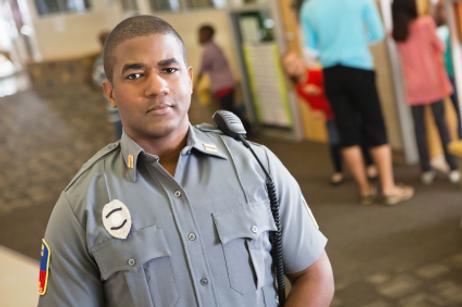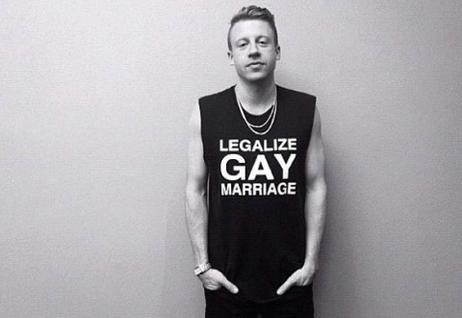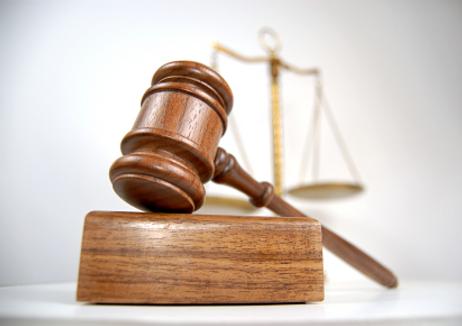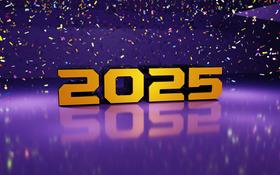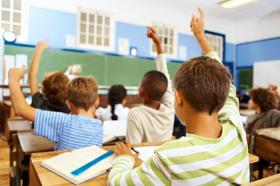The Newtown tragedy last December brought to light the vulnerability of public schools across the country. To answer concerns about student and staff safety, many have clamored for the addition of armed guards in every school nationwide. However, research suggests that placing armed police officers in schools may create more issues even as it is addressing the need for student safety. Police presence in schools may actually increase the number of students in the criminal justice system ã often for minor crimes that could have been handled at the school level.
Not a New Idea
Despite the increased rhetoric surrounding police presence in school in recent months, the idea is not new. According to the , school districts have been using federal funding and other resources to bring police officers into schools since the 1990s. Known as ãschool resource officers,ã these armed officers typically patrol high schools and middle schools, but some have been placed in elementary schools as well. Deseret News reports that the U.S. Department of Education recently found around 28 percent of all public schools report they have an armed security guard on school grounds during class hours at least once a week.
Hundreds of larger school districts, including Los Angeles, Philadelphia, and Houston, have actually established their own police departments. These departments, boasting thousands of sworn officers and other staff members, are under the direct oversight of district officials. The Los Angeles School

